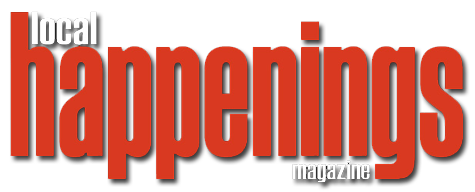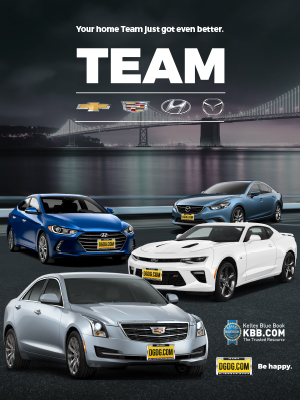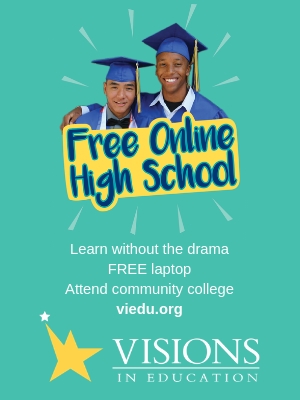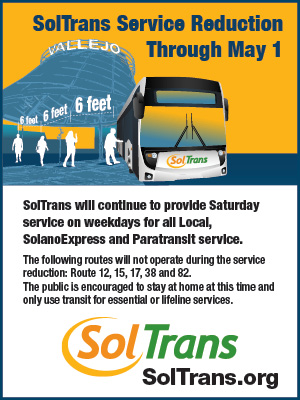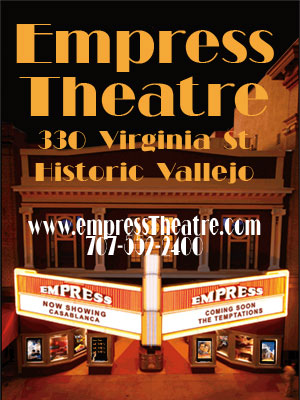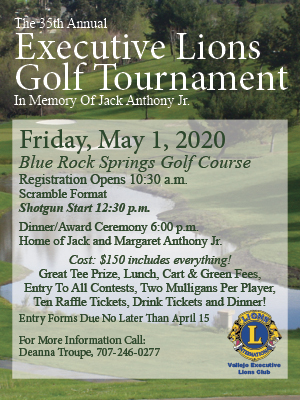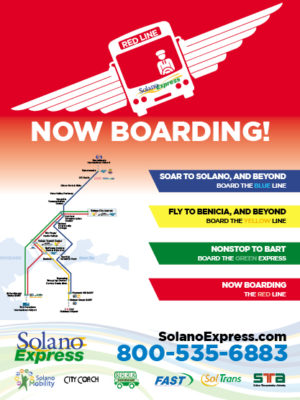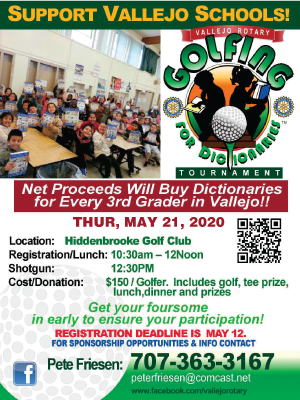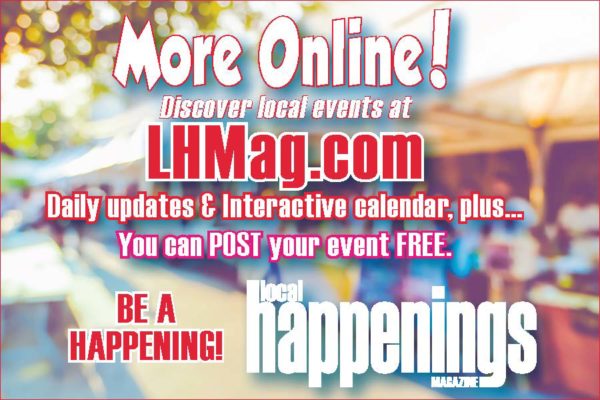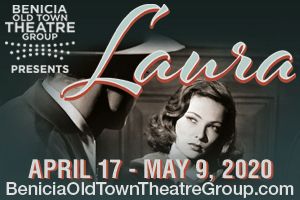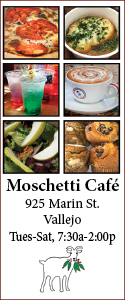Lockouts: Time for Some Tough Love in Professional Sports
After nearly four-and-a-half months, the NFL lockout recently ended, much to the relief of fans and franchise employees alike. The NBA lockout, however, is still on-going, and is still in the posturing for public attention and sympathy phase. Many other fans have yet to forgive Major League Baseball for its own strike and lockout which erased the World Series in 1994.
For fans, it is always extremely frustrating each time a collection of millionaires and billionaires starts bickering over fairly dividing up their fans’ hard earned money.
For many other fans, the ideal way to enjoy a game is among devoted friends, watching together at the home of the individual who owns the nicest and biggest TV with a couple of communal pizzas to devour. “Even if (games are cancelled) it doesn’t matter too much, we have a lot of Giants fans in Napa. We all want to watch the World Champions repeat,” Mike S., service manager of Mary’s Pizza Shack in Napa acknowledges. Indeed, restaurants usually have other ways to bring customers through the doors. “It would take the fun out of it, a little bit,” Mike S. admits.
A lot of businesses like alcohol vendors, convenience and liquor stores, should probably expect to see their sales drop if the season is postponed.
Similarly, each fan will suffer the lockout in his or her own way, especially if other activities like gambling or tailgaiting are tied to their viewing habits.
The biggest concerns for local businesses would be if the lockout tragically continues to the point where the season would have to be canceled. If there are no playoffs it would affect local bars and restaurants since fans come in and spend the whole day watching the games.
The lockouts are similar in spirit to The Social Network, former San Anselmo, CA resident David Fincher’s 2010 film that will be remembered long after the movie that won Best Picture at the Oscars (Can you name it now?). Mark Zuckerberg, in the film, was being sued by co-founder and Facebook’s first financier Eduardo Saverin to honor their original contract, which was negated by subsequent contracts. The real question was: Who deserves what share of the profits, the person who put up the funds or the one who does all the work? The question is (and was) at the heart of both the NFL and NBA lockouts.
Fans don’t want to hear about labor disputes between owners and talent. It reminds them of their own jobs. It reminds them of how far they are from their own dreams. What fans want is Joe Montana lofting a pass to an outstretched Dwight Clark, pushing the underdog 49ers over “America’s Team”, the Dallas Cowboys. They want LeBron James put down by Dirk Nowitski playing with the flu to win the NBA title. They want Buster Posey to strap on his gear again and get behind the plate after his ankle heals.
Fans want the drama that is implicit in competition. They want to vicariously live their own lives through the athletes and teams they follow. They want to see a human being excel at his sport’s highest possible level. Fans want escapism.
It is certainly another odd coincidence that the lockouts have run concurrently with the nation debates over raising the debt ceiling and reducing the federal deficit in Washington D.C. Despite the perpetual news coverage and politician spin, the mass public has irritably shrugged their shoulders. Constituents just want the deal to get done. They do not want to hear about how it happened until it is over. Get back to issues that affect the average voter.
It is still too early to say how the lockout will affect the NFL or its fanbase. Certainly practice time was lost, but many veterans often argue over the importance of training camp, as most know the playbook from years past, and know how to stay in shape during the offseason, the same cannot be said for rookies or other players new to the team who usually need several weeks of preparation to get up to par with teammates.
This season, however, for both the Oakland Raiders and the San Francisco 49ers, new coaching staffs, with new strategies, new goals, and new personalities, have been hired. The lockout ate into training camp significantly, so fans could expect to see less than optimum performances by the Bay Area’s organizations, as they will be forced to learn quickly and not as thoroughly as teams blessed by player/coach continuity.
It is also too early to judge whether even a minute of preseason or regular season basketball will be lost. Yet, there is always the negative example for players and owners to remember when staring down the viability of a work stoppage.
In 1994, when the MLB strike/lockout began, Ken Griffey, Jr. and Matt Williams were both on pace to break Roger Maris’ single-season home run record without the aid of performance enhancing drugs (probably). The Montreal Expos had the best record in baseball for the first time in franchise history. Then money and internal politics got in the way. Soon Matt Williams and Ken Griffey, Jr. would succumb to multiple injuries and never again perform as they had when the season ended. The Expos later went bankrupt and are now are known as the Nationals while playing in another city, Washington D.C.
Unfortunately, what returned baseball to prominence was steroids. The names were of the most popular in the game even before they started juicing: Mark McGwire, Sammy Sosa, and Roger Clemens. Records were broken, fans got excited, and the strike was all but forgotten—except by fans in smaller television markets.
Fair weather fans were driven away by the squabbling over how rich players and owners would get. Most of them never came back in places like Oakland or Miami, where teams can barely get 5,000 people to attend a game for under $20 per ticket. In cities like New York, Boston, and San Francisco, however, there were new fans to fill the vacated seats. All that mattered again was the action on the field—and what management was willing to do to put on the best show for a ticket’s worth.
Realistically, however, most people in this country will not be affected by the loss of a major sport. In a culture of too many distractions, it will be one less thing to keep tabs on, one less thing to draw your attention away from what you should be doing instead.
Diehard fans will be at a loss, of course. A similar analogy would be the zealots of the shows The Sopranos and Lost when those iconic programs ended. Most viewers just had to find something else to watch at that time. The truly devoted, however, had to find a new cause to devote their lives.
For now though, fans and businesses have to cross their fingers.
 James Hritz grew up in the Wine Country, but has written for various publications across the country. He is happy to be writing and working in his home again.
James Hritz grew up in the Wine Country, but has written for various publications across the country. He is happy to be writing and working in his home again.
